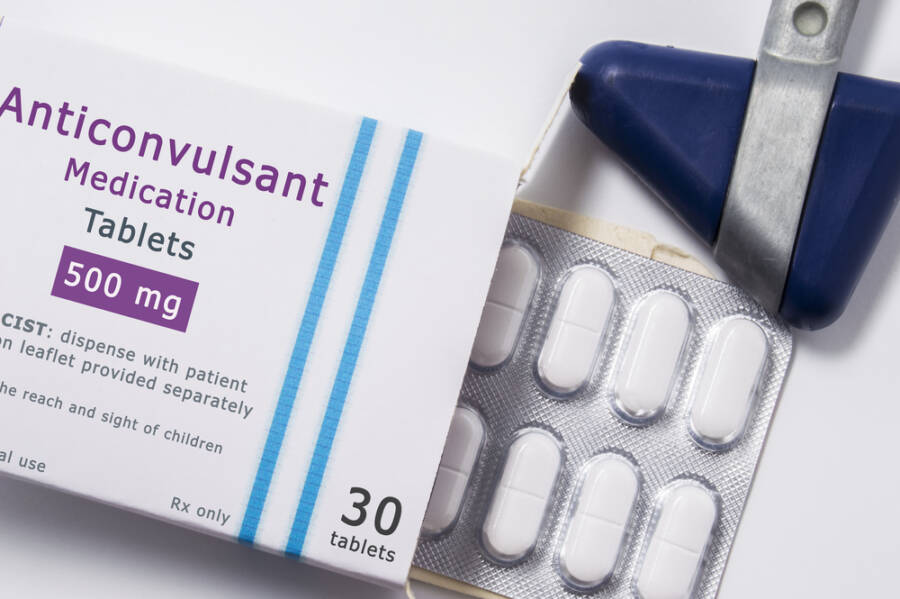Did you know you might be driving under the influence and not even be aware of it?
According to the statistics, this happens way more often than we think, and this is how many people end up in legal trouble. And we are not talking about illegal drugs or alcohol! We are simply talking about regular meds many of us take on prescription. It can be anything from cold medication or allergy pills to anxiety meds or that treatment you take for your back pain.
According to the U.S. Food and Drug Administration (FDA), there are some common over-the-counter meds that give side effects such as nausea, drowsiness, blurred vision, or dizziness, and they can affect your driving. This is even truer for those who are over 65 years old. Why? As we age, our bodies change, and it’s harder for them to completely remove the drug from the system. The process is much slower.
With most of these drugs, you need to know that your body gets used to them, and after about a month, it will be safe to take them and also drive. Your body just needs some time, and while you give it this time to adjust, you need to be careful. So let’s see what these drugs are.

Pain medication
Sometimes you need meds to manage pain, but unfortunately, this can truly affect your driving capacity. Most prescription pain medications are potent and do a great job, but they are also known for their side effects. Even the OTC pain relief options have side effects when it comes to hitting the road.
Most of the time, pain-relieving prescriptions relax your body and make you feel better, but drowsiness and dizziness can interfere with your reaction time and focus. Also, even everyday pain relievers can present similar risks, particularly for older adults.
In 2023, a study published on JAMA Network Open showed that adults over 65 years old who commonly use anti-inflammatory or pain-relief medications have a much higher risk of failing driving tests.
What is interesting is that it was not the pain medication alone that was to blame for these results. Most of these persons also took other meds that, combined with the pain meds, exacerbated the side effects that affected their driving ability.
Allergy medication
If you are among those who suffer from allergies, you surely rely on over-the-counter medications to get through the sneezing, itching, and watery eyes of allergy season. But before you hop into your car and start driving, there are a couple of things you should consider.
Older antihistamines are well known for causing drowsiness. This is a dangerous side effect when you want to drive because it can slow your reaction time and impair focus. The newer versions are labeled as “nonsedating,” but this doesn’t apply to everyone. Even with the new formulas, there are still some individuals who reported that they feel sleepy.
What can you do now? You should observe yourself and understand how your body reacts to allergy medication. Everyone metabolizes drugs differently, and some things that don’t affect others might cause trouble for you.
If you’re not sure which alternatives are the safest, talk to your pharmacist or doctor. They can help you find an approach that reduces negative effects while successfully treating your allergy symptoms.
Certain antianxiety medications
When you want to take care of yourself and manage your well-being, keeping anxiety at bay is required. Now, all of us feel anxious from time to time, and this is normal, but some people suffer from anxiety disorders, and they need to take specific medication.
The bad news is that anxiety meds can cause various side effects that affect your driving ability. These medications that are often prescribed to help calm nerves and relax muscles act by slowing down the central nervous system. This is great for alleviating anxiety but is the last thing you want when you are behind the wheel of your car.
One of the most common effects of these meds is drowsiness that messes up your reflexes. Older adults should be extremely careful with these medications because the metabolism slows down, which means the drugs will stay longer in the body, so the side effects might last longer.
If you’re using antianxiety drugs, you should consider how they’ll impact you before driving. Do not drive until you are certain the drug is not harming your awareness or reflexes.
Cold and flu meds
When you have a cold, you feel sick, and you would do anything to feel a little better. The cold and flu symptoms can be impairing, but after all, this is why we have all of these meds, right?
This is totally true, but since some meds can affect how you are driving, you should pause and avoid the driver’s seat until you feel better and you no longer require meds. The meds that you take for coughs and congestion are generally the ones that contain substances that can make you feel sleepy or drowsy while driving.
If you need to take cold medicine, it is best to avoid driving altogether until you’re feeling better. In case you really need to drive, you should avoid multi-symptom formulas and choose single-symptom medications. Generally, they have fewer side effects, which means you can drive more safely.
Always read the label before you start taking new meds. All of those that have side effects that might affect how you drive are marked accordingly. This makes your job easier. If in doubt, consult your pharmacist or healthcare provider to ensure the remedies you’re taking won’t interfere with your ability to drive safely.

Anti-seizure medications
Anti-seizure medications save lives, but they are also prescribed for other less severe conditions such as migraines, anxiety, nerve pain, and restless leg syndrome. This means there are many more people taking these meds than we initially think because they act directly on the nervous system, which makes them incredibly effective.
Anti-seizure meds calm overactive nerve activity, but this comes with some common and various side effects like blurred vision, dizziness, nausea, and drowsiness. As you can imagine, no one wants to feel like this while driving because it’s truly dangerous.
Your body needs some time to adapt to anti-seizure meds, and at the beginning, the effects can linger, and you might want to wait until you get used to them. The good news is that most people adjust over time. Give yourself a few weeks, and you will notice the side effects fading. After you no longer feel drowsy and dizzy for more than three days, you can start driving again.
It is easy to understand that when it comes to driving, staying safe is the most important. This also means that you should be aware of how your meds work and if they have unpleasant side effects that can affect how you drive.
Pay attention to how your body reacts to certain medications, always read the labels, and also if you need to take other meds at the same time, be sure that you discuss it with your doctor. This is the safe way, and it’s better to be careful when your life can be affected.
If you are suffering from migraines and you don’t want to take meds just yet, you can try this: ONLYCARE Migraine Relief Cap, Soothing Headache Hat
You should also read: Cold Intolerance: 7 Reasons You’re ALWAYS Chilly














2 Responses